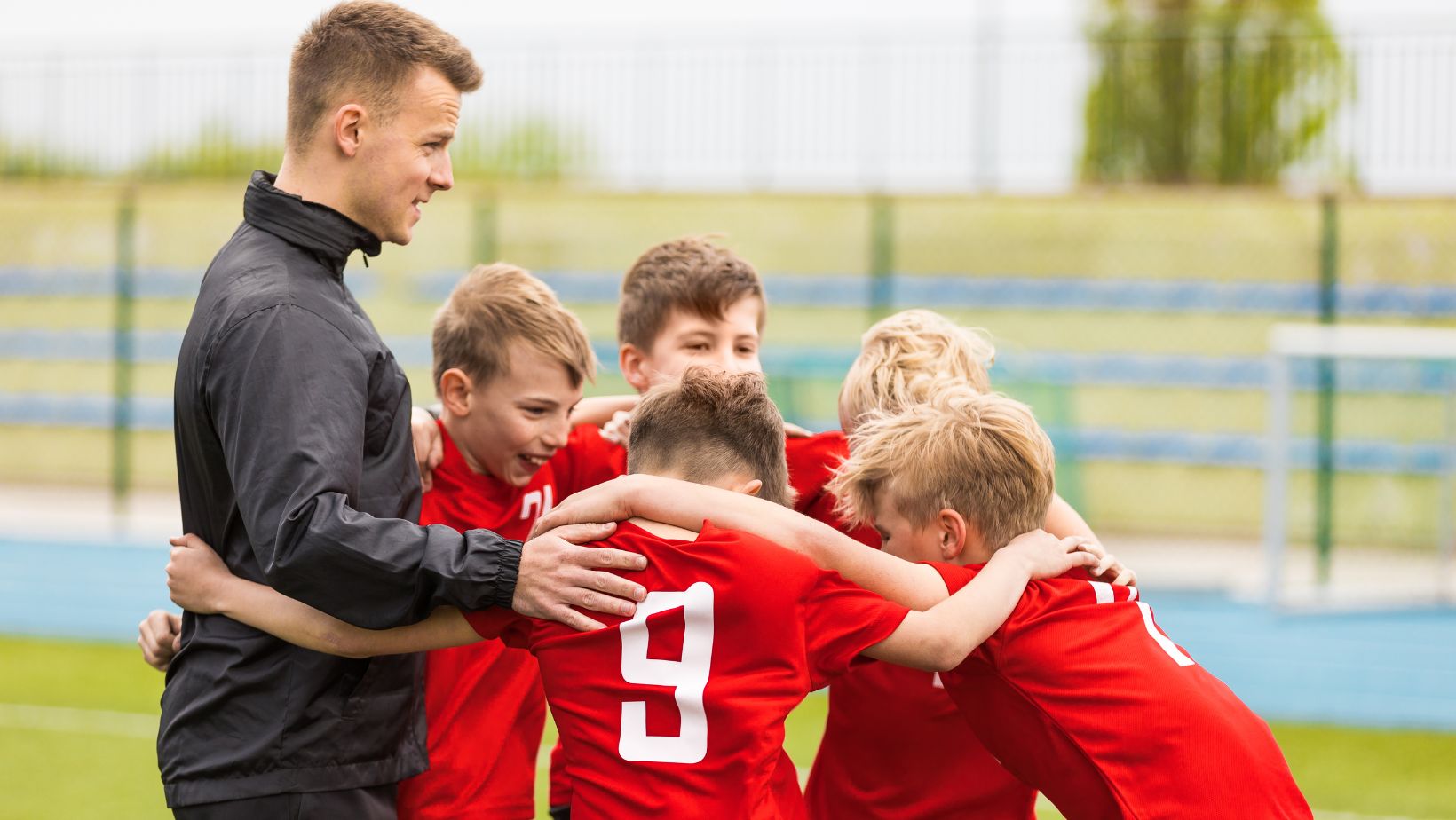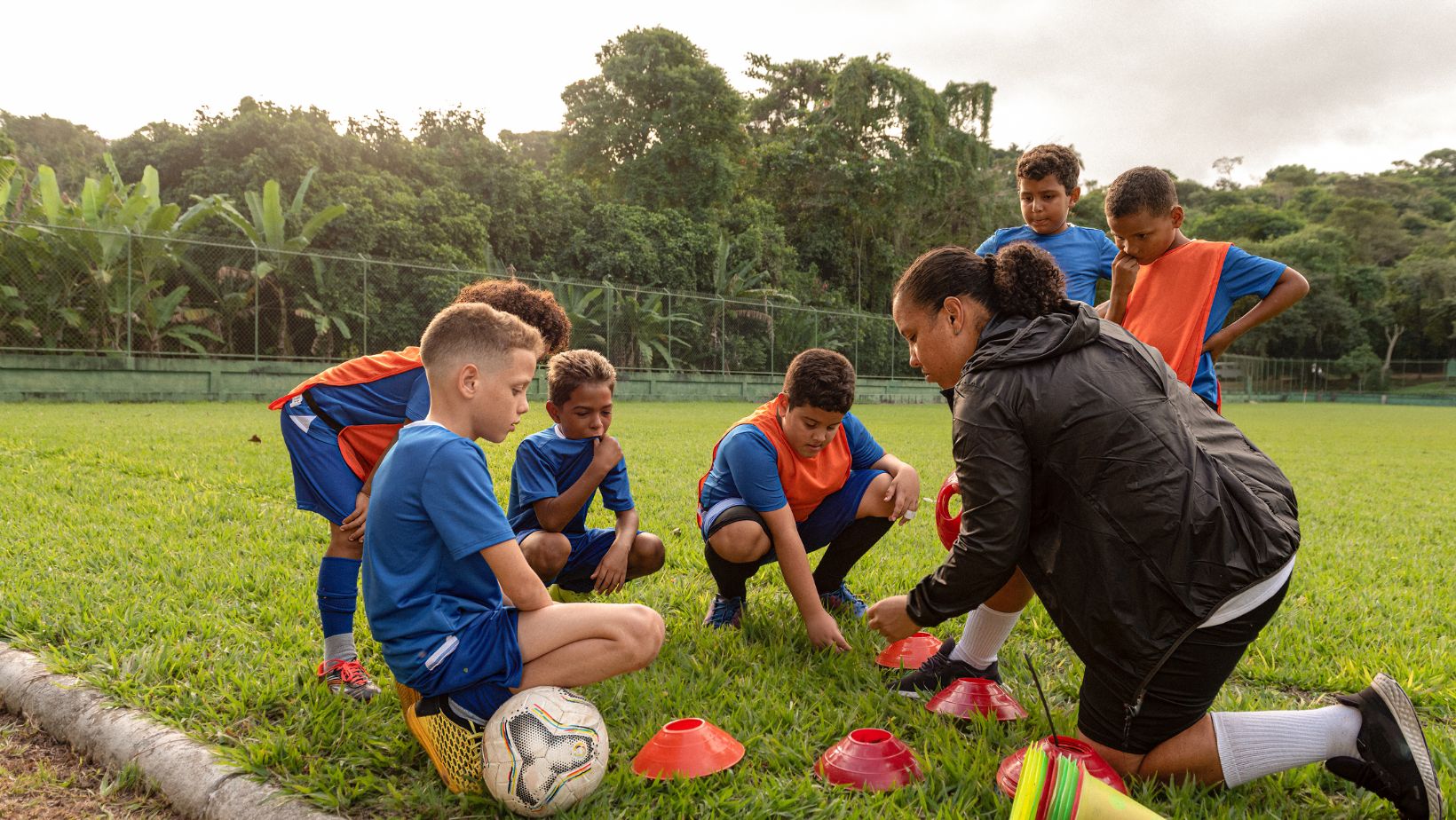We’re taught that life’s greatest truths reside between textbook pages, between chairs in class, between tests. But sit with any athlete who ever played a game—any game—ask them about it and they’ll say otherwise. The field, the court, the track. They’re educating more than any classroom ever was. Sport in Bangladesh is more than a game, as it is elsewhere. It is a force for instruction in character, for hardening off, for awareness that cannot be imparted on a blackboard. From schoolyard kids to players beaming game action from mobiles, a tacit agreement is struck: a kind of lesson is itself a game. With sites like 1xbet registration login nowadays, sports enthusiasts don’t sit back idly anymore— they analyze, forecast, and participate more efficiently with a passion for competition. But understanding in reality long precedes numerals or strategy—the beginning is with experience.
Failure That Hurts but Teaches
Back in school, it’s fine with a red mark or a grade of fail. When it’s a sporting arena, it gets personal. You don’t make shots. You don’t deliver for the team. You hear that whistle blow, that you also didn’t put in so much effort. But with athletic competition, you see that nothing is ever a dead end. There’s a process. You fall. You get up. You practice some more. You’ll be more determined next time. There’s no one to blame, with excuses or a team effort. You face failure, and get a little more strength. Descent into darkness followed by reentry into light forges an ability no curriculum teaches: resiliency. You acquire a mode of tolerating a disappointment without being shattered. You comprehend that losing isn’t a question of being a loser—it merely indicates that you don’t quite yet grasp.
More than small talk. Collaboration.
We discuss teamwork so much in school, but it’s nothing more than lip service in most classroom projects. In athletic competition, it’s survival. You rely on people down the line to do their job so that you’re not out here alone. You win together and lose together. You’re taught to be a leader if that’s necessary—and a follower if that’s more vital.
You also learn to trust. A defender learns to trust that his goalkeeper will be doing his job. A batsman must trust his mate for a good run. All these cannot be taught from a PowerPoint slide show. They’re learned in sweat, silence, and collective success. And they apply to life. What they’ve acquired playing with a teammate on a field, they will be quick to do as a member of a team in life.
Self-Discipline That Makes a Big Impact
One does it in school out of fear—the fear of being punished, of being given bad grades, of disappointing one’s folks. In sport, one conditions oneself otherwise. You go early in the morning without it being an obligation, but a passion. You train, you feed yourself without killing yourself, you rest—because one knows that how one performs does make a difference. That’s self-control. Not imposed on a student, but a choice. And one of life’s biggest long-term keys to success.
Sportsmen don’t learn structure out of a sense of obedience; they learn it from a sense of what it is like when they don’t. Sportsmen learn respect for rituals, value for consistency, and habits that persist long after they’re off the field.Sport is no show. It is a school for life.
Conclusion: The Best Classroom Has No Walls
One does not learn it all chalked or keystroked into slide shows. There is instruction in sweat, in bruised body parts, in post-hard-loss handshakes. Sports teach people more proficiency in less-taught school subjects—grittiness, trust, control of oneself, respect for one’s peer competitors, and emotional toughness. In a world that so frequently gauges brains with grades, one must never forget that wisdom is derived from an entire range of viewpoints. And more often than not it is with a ball, a field, and a goal larger than that scoreboard that one derives life’s most meaningful lessons. And next time you see a pro training early in the morning or supporters analyzing game statistics with 1xbet registration login, remember that:
They’re not merely training/arguing. They’re catching on to something significant. Something that they’ll be taking with them for life.


